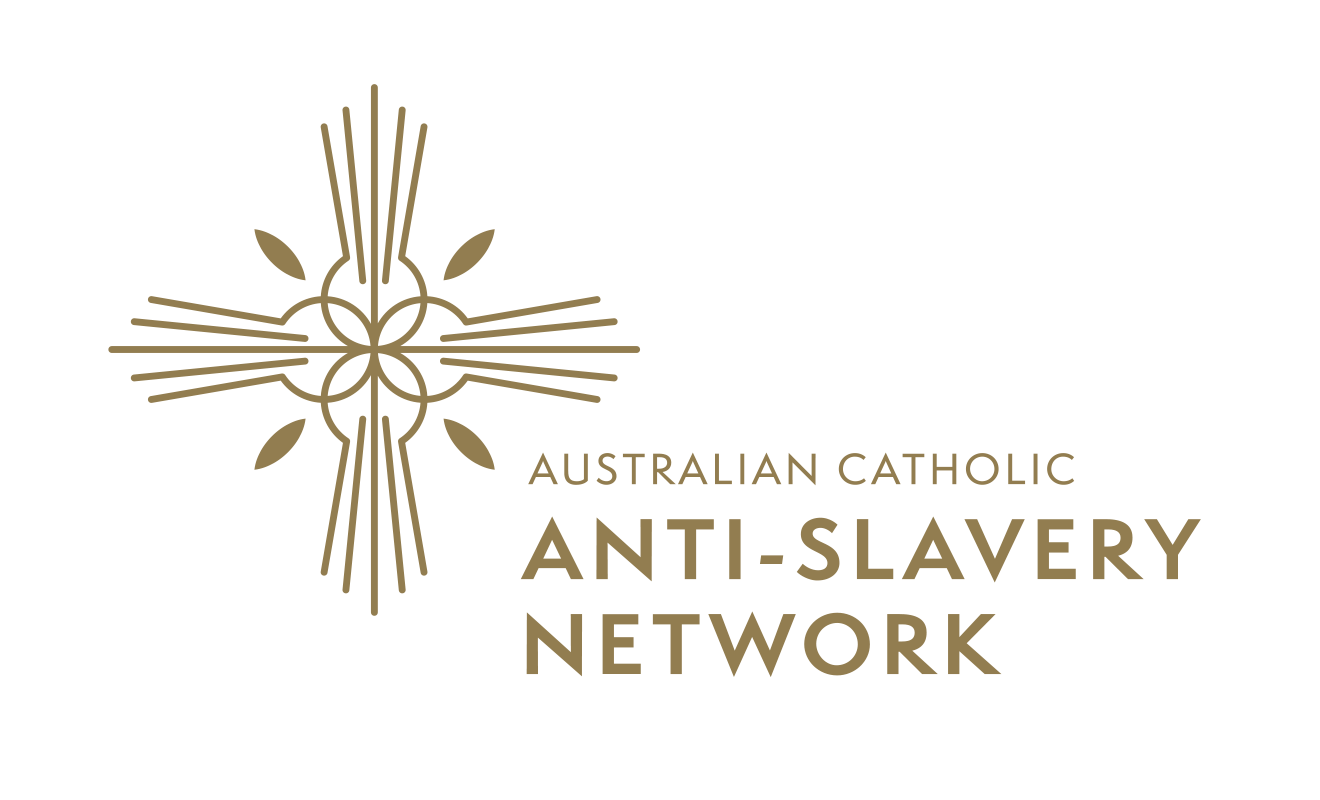Catholic procurement outlook: social audits and remediation
Representatives of the Australian Catholic Anti-slavery Network ACAN have outlined the priorities for managing modern slavery risk across Catholic operations and supply chains at a national procurement conference in Sydney.
ACAN Program Manager Alison Rahill started her address with a challenge to attendees at the 2024 ESG Procurement conference.
“Are you ready for remedy? This is a question that all organisations need to ask as part of compliance with Australia’s Modern Slavery Act,” Alison said.
“If your business is committed to remediating workers impacted by modern slavery, you need:
- established policy and procedure for internal response
- clear expectations outlined in contracts with suppliers – with obligations to ensure that suppliers will participate in remediation.”
The ESG Procurement Conference is in its third year and is attended by procurement teams from some of Australia’s largest corporations.
Alison explained that social auditors across a range of industries regularly report observations that are red flags to possible modern slavery, including non-compliance with labour rights and workplace health and safety.
In responding to possible cases of modern slavery, Alison emphasised:
“Every situation is different, business needs to understand the rights of workers potentially impacted and prevent further harm.
“Some actions could have unintended negative consequences for any potential victim, so it is important to carefully consider the response.”
Alison then introduced the work of the Domus 8.7 remediation service for people impacted by modern slavery.
Domus 8.7 services feature:
- access to an independent worker grievance mechanism
- guidance and support to identify workers impacted
- remediation to victim survivors
- recommendations to mitigate future risk.
Domus 8.7 is now also open to corporations, as well as to Catholic organisations.
Domus 8.7 Advisory Board Member Ruth Furber also addressed the ESG Procurement conference, urging attendees to adopt an ecosystem approach to managing modern slavery.
“Unlike a traditional linear supply chain, an ecosystem encourages interdependence and collaborative efforts,” Ruth explained.
Ruth pointed to “chain of responsibility” legislation in the transportation industry as a system that holds each link in the supply chain responsible for maintaining standards.
“If we can do it for heavy vehicles, we can do it for people. We can start acting in a comparable way, holding all parts of the supply chain accountable for preventing modern slavery.”
The ESG Procurement Conference was held at the University of Technology in Sydney from 6-8 August 2024.
ESG stands for Environmental, Social and Governance. In a business context, ESG reporting focuses on how an organisation’s products and services contribute to these three key aspects of sustainable development.

